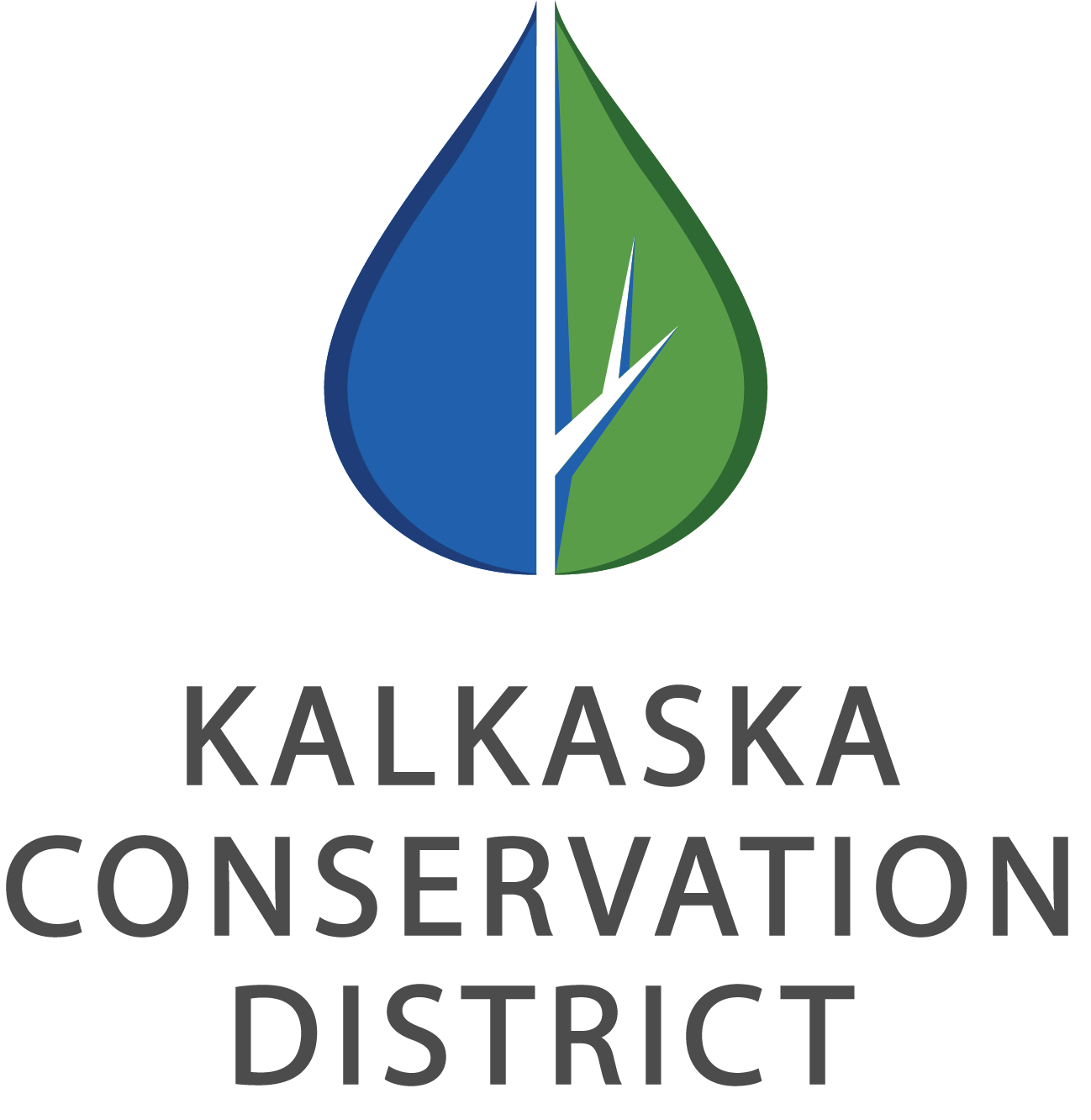Seed Library Comes To Kalkaska
By Marilyn Shy, Kalkaska Conservation District
When I think of a library, I think books, videos, maybe CDs.
And now, we have an exciting new addition at the Kalkaska Library: SEEDS!
Yes, it’s true, you can actually use your library card to check out vegetable and native wildflower seeds for FREE. Whether you are a seasoned gardener or a novice, this new program is designed for everyone. The idea is that county residents will “borrow” the seeds in the same way as you borrow books, videos and CDs. At the end of the growing season, you may choose to save seeds from your plants to bring back to the library to replenish the seed library for future growers to borrow and grow, and thus the cycle continues.
The benefits of this program are many. By growing and collecting seeds locally, you are helping to build traits into the second generation of seeds that will match the growing conditions locally. By using natural selection, you will be saving seeds from plants that are best suited to our climate, soils, and other unique features of the area.
Seth Lanning, Huron Pines Americorps Service Member serving with the Kalkaska Conservation District (KCD) as their Community Engagement Specialist has assembled over 2,000 packs of seed. “We are prepared for even more demand,” he says.
The seed packs are of vegetables and flowers, and the variety is endless. Peas, beans, cabbage, carrots, beets, corn, cucumbers…. the list goes on and on. Some of the garden flowers available include sunflowers, borage and marigolds. There are also native seed mixes composed entirely of species native to Kalkaska County. The mixes are designed for specific soil and area conditions such as wet, acid, under pines; salt tolerant; sun; and shade.
Some of the native mixes include coreopsis, boneset, smooth aster, black-eyed susan, evening primrose, blue vervain, columbine, milkweeds, and others.
There are no limits to the number of seed packs a borrower may check out. “We are hoping people will use the seeds respectfully,” said Lanning.
If you’re willing to save seeds, you can fill out a “become a seed saver” index card and drop it in the bin at the library. KCD staff will follow up to provide materials and labels for you to use at the end of the season. Seeds should be collected from the healthiest and strongest plants. There are seed saving guides to help you get started.
What a fantastic way to get started gardening, or for established gardeners, to expand the variety of plants that you grow! For more information, you can contact Sarah Schroeder at the Conservation District by calling (231) 258-3307 or email her at sarah.schroeder@macd.org.




